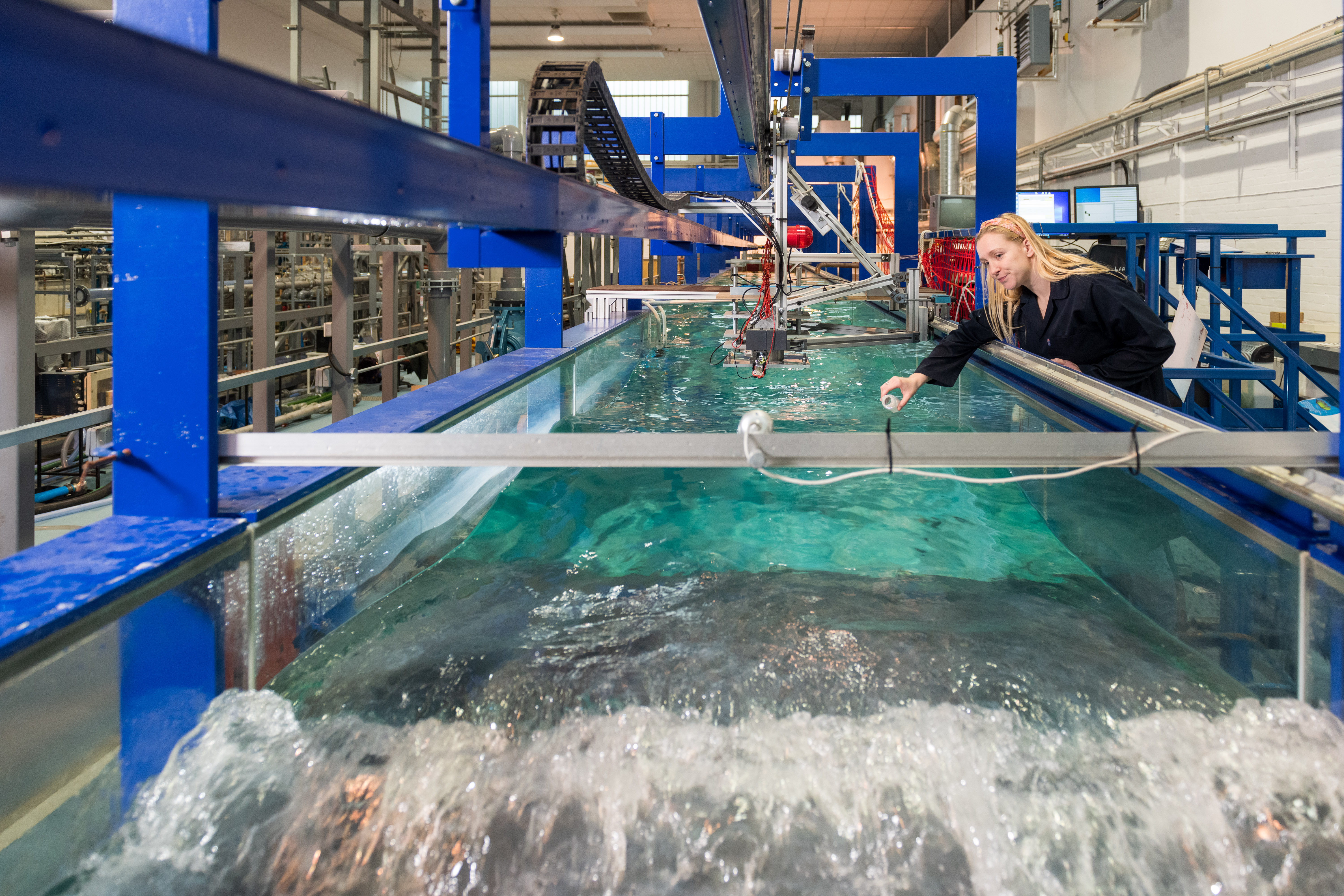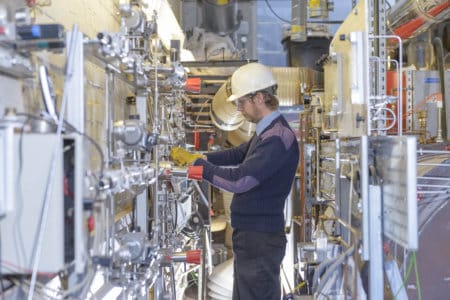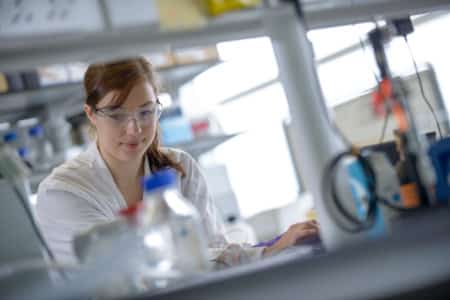In 2023, the world broke every single climate indicator. The global average temperature was the closest — although temporarily — to the 1.5°C lower limit of the Paris Agreement on climate change. Concentrations of greenhouse gases, ocean heat content, sea level, and glacier loss rose. From heatwaves to wildfires, from floods to intense tropical cyclones, these brought devastating consequences for vulnerable populations.
Cranfield University is committed to tackling the real-world issues of today to deliver a sustainable future. As the largest UK provider of master’s-level graduates in engineering, it is creating many leaders and innovators who can make a difference in the specialist areas of science, technology, engineering and management.
It’s an outcome befitting of a university in the top 20% globally for its sustainability efforts and in the global top 40 for their actions supporting the UN Sustainable Development Goal 17. In 2022, the UK Office for Students recognised the university as a world-leading specialist provider for its high quality teaching and the ongoing impact of its graduates on their professions and industries.
One key reason Cranfield has many prestigious awards and rankings is its close links with industry. Programmes are designed with industry partners to ensure they’re relevant, up to date and empower graduates with the knowledge and skills to meet the latest challenges facing both public and private sector organisations.

Cranfield University is part of the world’s global top 40 for its actions supporting the UN Sustainable Development Goal 17 (Times Higher Education Impact Rankings 2023). Source: Cranfield University
Three redeveloped courses for 2024/25 onwards are exemplary of this. The MSc in Water and Wastewater Processes covers the constant changes taking place within the water industry in response to climate change and water scarcity. It’s imperative that the industry transitions to a more sustainable model, and the MSc gives water professionals the advanced knowledge and skills to design, lead, and deliver transformative solutions and change agendas. As the course is interdisciplinary, it mirrors the kind of work that takes place in industry, readying students well for their future roles as innovators, specialists, and knowledge integrators.
The MSc has two study pathways that allow you to tailor your studies to your needs and career prospects. The Engineering route focuses on the effective selection, design and operation of water and wastewater treatment processes. You will apply engineering principles to assess performance, environmental impact, energy, risk and cost. It provides up-to-date skills and advanced concepts in the operation, control, design, regulation and management of the water systems and networks of the future.
The Environmental Sciences route applies scientific principles to assess the environmental impacts of climate change, pollution discharges, and emerging contaminants on the quality and treatability of water resources. Upon completion, graduates will have the confidence and dynamism to propose solutions in a water and wastewater treatment context.

Cranfield is in the top 200 for “Environmental Sciences” in the QS World University Rankings by Subject 2023. Source: Cranfield University
If you want to create an impact across the entire value chain, consider the MSc Data Science and Artificial Intelligence for Sustainability. Sustainability is complex as it involves multiple areas, such as energy production and environmental management. The world needs affordable, stable and secure energy supply as much as it needs ecosystem management that accounts for the food, water and energy nexus and socio-political context.
This MSc leverages the advancements in technology and gives you powerful digital tools and various digital models to solve and manage the increasingly complex problems related to sustainability energy systems. You’ll learn how to analyse data from different energy systems and sources and drive new control and operational strategies and business models, whilst supporting key objectives such as reaching Net Zero emissions.
Those who wish to answer the calls for experts who can take greater action to tackle urgent environmental crises can opt for the MSc Global Environmental Change and Planetary Health. Climate change, biodiversity loss, human population growth, land cover and land use change, and pollution are some of the planet’s defining challenges today. Developed in response to this, the MSc is a great way to understand how these crises develop.
A new core module in planetary health focuses on developing an understanding of the linkages between societal and environmental health from local to global scales. It’ll also build one’s knowledge on the exposure pathways, feedback mechanisms, management, mitigation and adaptation strategies that are needed to address these interlinked challenges.
What students value most about this MSc is the group project. They are able to take responsibility for a consultancy-type project, working within agreed objectives, deadlines and budgets. “Group projects are really a key part of this master’s course. Groups are composed of students from different MSc programmes and each student from the different programmes will bring in different skills and they can work together on a project which is often sponsored by industry,” says lecturer Dr. Michelle Caine.
Follow Cranfield University on Facebook, X, YouTube and Instagram













